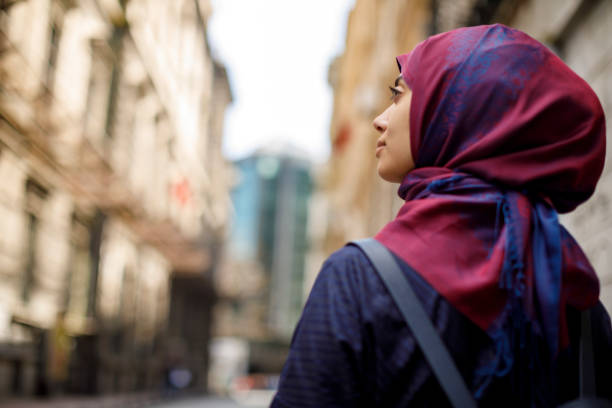Muslim Women and the Right to Wear Hijab in the Workplace: Promoting Inclusion and Religious Freedom
The right of Muslim women to wear the hijab, a religious headscarf, is an essential aspect of personal expression and religious freedom. In the workplace, ensuring that Muslim women have the right to wear the hijab without facing discrimination or bias is crucial for promoting diversity, inclusion, and equal opportunities. In this article, we explore the significance of hijab in the workplace, address the challenges faced by Muslim women, and highlight the importance of upholding their rights.
The Significance of Hijab in the Workplace
Religious Identity and Personal Expression
The hijab holds profound religious and cultural significance for Muslim women, representing their commitment to their faith and adherence to Islamic principles. By wearing the hijab in the workplace, Muslim women can express their religious identity and values, fostering a sense of authenticity and personal fulfillment.
Professionalism and Confidence
Contrary to misconceptions, the hijab does not hinder professionalism or competence. In fact, many Muslim women find that wearing the hijab enhances their confidence, allowing them to focus on their skills, expertise, and contributions rather than their physical appearance. Embracing the hijab in the workplace can empower Muslim women to thrive and excel in their careers.
Challenging Discrimination and Bias
Combating Religious Discrimination
Muslim women who choose to wear the hijab often face religious discrimination and bias in the workplace. They may encounter prejudice during the hiring process, career advancement, or even daily interactions with colleagues. Upholding their right to wear the hijab is crucial for countering religious discrimination and promoting equal treatment based on merit and qualifications.
Fostering Inclusion and Diversity
Allowing Muslim women to wear the hijab contributes to fostering a diverse and inclusive workplace environment. Embracing religious and cultural diversity promotes creativity, innovation, and different perspectives, leading to more robust decision-making and overall organizational success. By accommodating the hijab, employers demonstrate their commitment to inclusivity and respect for religious freedom.
Legal Protection and Accommodations
Legal Framework and Anti-Discrimination Laws
In many countries, laws and regulations protect individuals from religious discrimination, including the right to wear religious attire, such as the hijab, in the workplace. Employers are legally obligated to provide reasonable accommodations for religious practices, ensuring that Muslim women can freely express their religious beliefs without facing adverse consequences.
Workplace Policies and Awareness
Creating clear and inclusive workplace policies is essential for ensuring the rights of Muslim women to wear the hijab. These policies should outline guidelines for religious accommodations, dress codes, and interactions with employees. Educating employees about the significance of the hijab and promoting cultural sensitivity can help foster a respectful and inclusive work environment.
Conclusion
Upholding the right of Muslim women to wear the hijab in the workplace is vital for promoting religious freedom, inclusion, and equal opportunities. By challenging discrimination and bias, organizations can create an environment where Muslim women feel valued, respected, and able to fully contribute their skills and expertise. Implementing clear policies, raising awareness, and fostering cultural sensitivity are key steps towards building workplaces that celebrate diversity and uphold the rights of all employees. Embracing the hijab in the workplace is not only a matter of legal obligations, but also a testament to our commitment to creating a more inclusive and equitable society.




